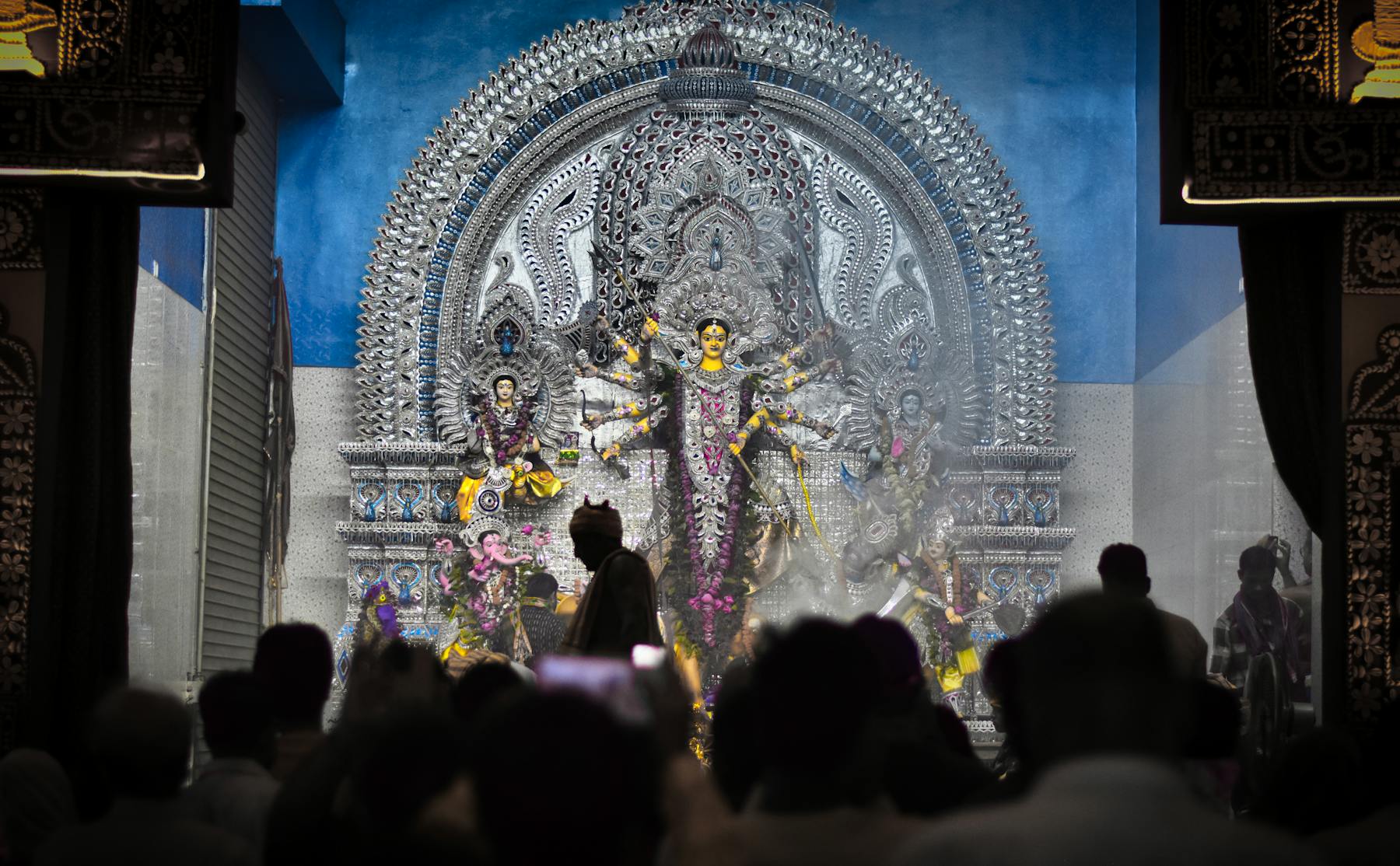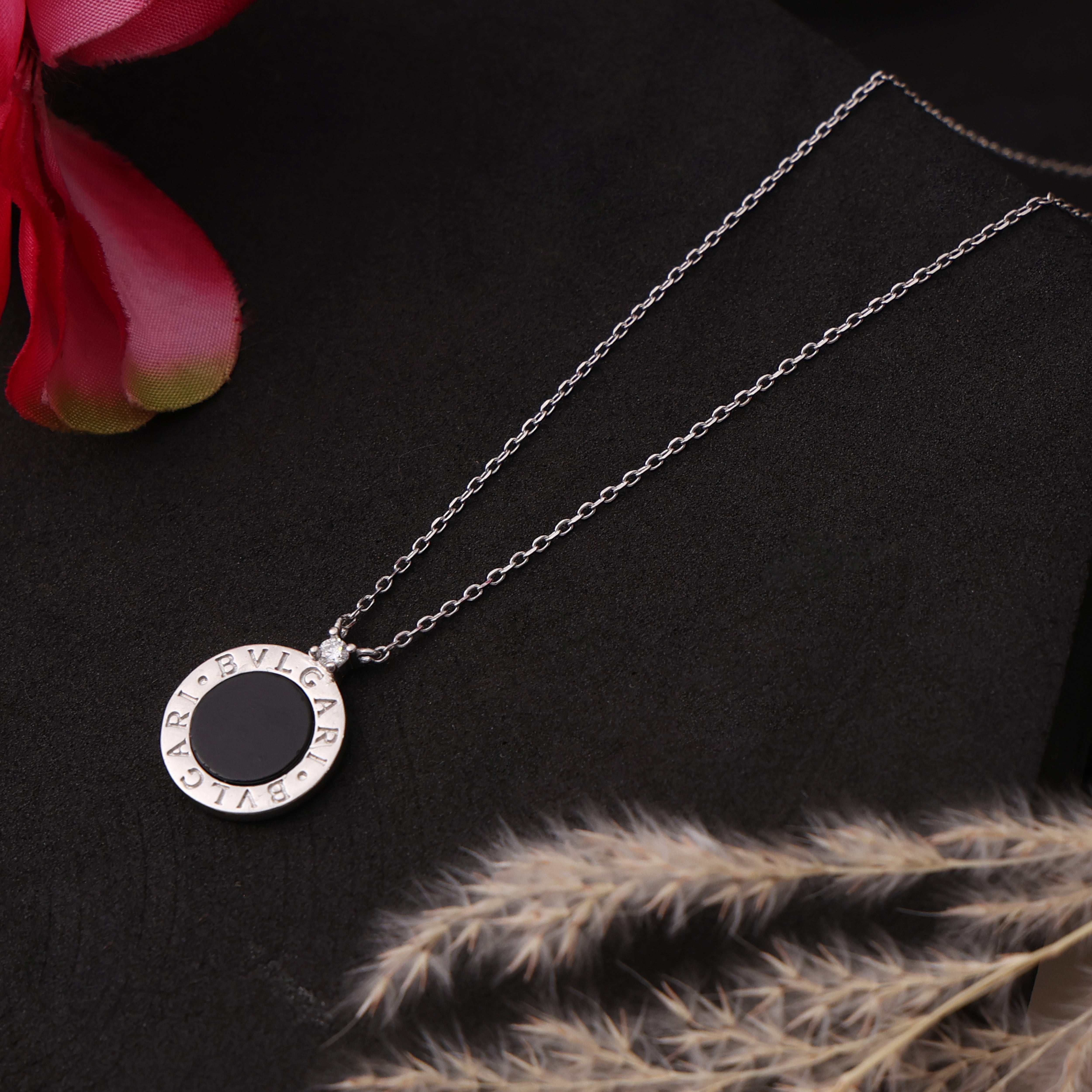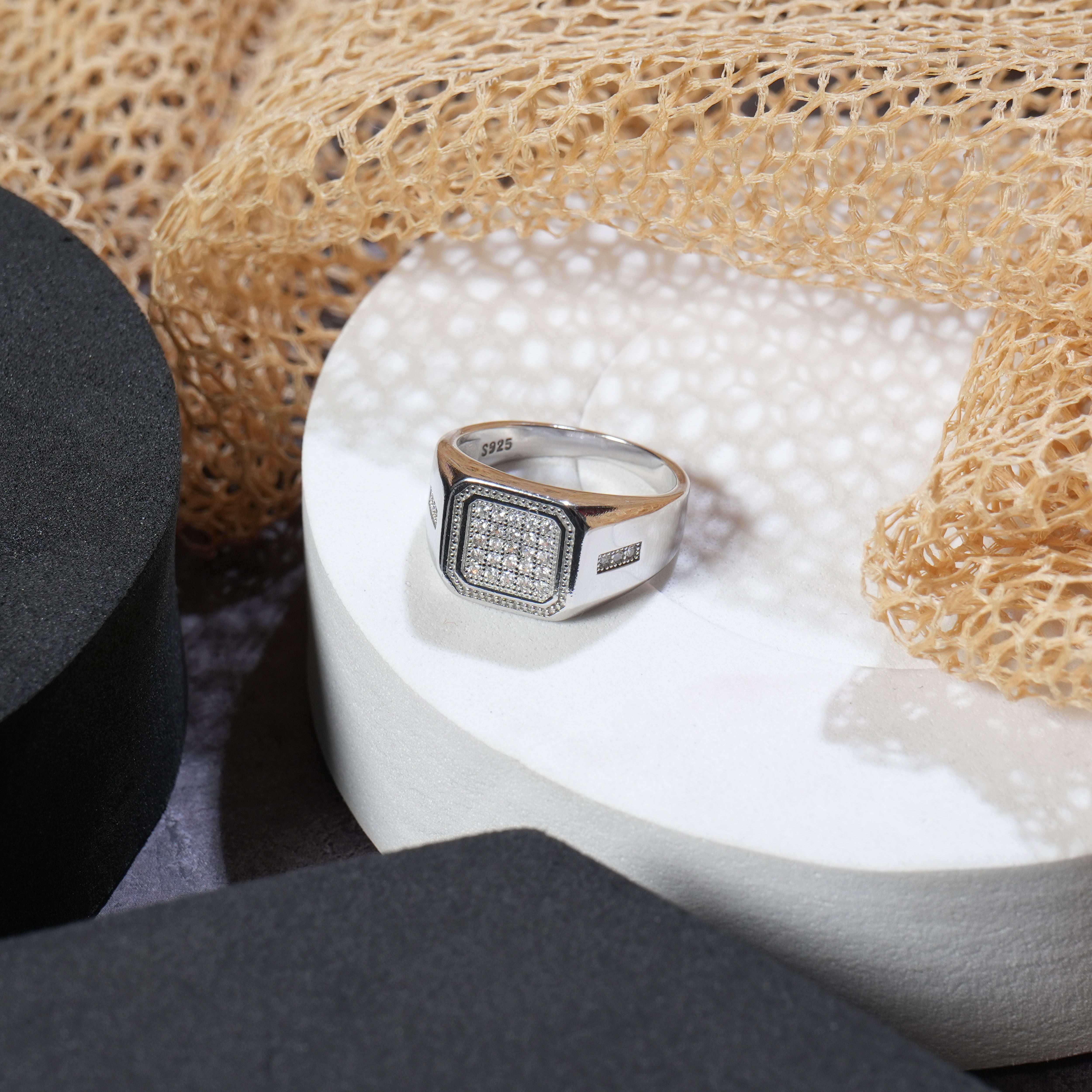
Why Silver is the Most Essential Element in Hindu Worship
Have you ever wondered why silver holds such a prominent place in Hindu worship rituals? Let's delve into the reasons why this precious metal is considered the most essential element in Hindu religious practices.
Antibacterial Properties
Silver is known for its antibacterial properties, making it a popular choice for utensils and containers used in religious ceremonies. The use of silver items helps prevent the growth of harmful bacteria, ensuring the purity of the offerings made during worship.
Symbol of Purity
In Hinduism, silver is considered a symbol of purity and is associated with the moon. The use of silver in worship rituals signifies the devotee's intention to offer pure and untainted prayers to the deities.
Conductivity of Energy
According to Hindu beliefs, silver is a metal that can conduct divine energy effectively. When silver items are used in worship, they are believed to enhance the flow of positive energy and vibrations, creating a sacred environment for the devotees.
Longevity and Preservation
Silver is a durable metal that does not corrode easily, making it ideal for preserving sacred items used in worship. The longevity of silver ensures that the religious artifacts remain in good condition for generations, carrying forward the traditions of Hindu worship.
Connection to the Divine
For Hindus, silver is not just a metal but a symbol of the divine presence. The use of silver in worship acts as a conduit for connecting with the deities and seeking their blessings and protection.
In conclusion, the significance of silver in Hindu worship goes beyond its material value. It embodies purity, conductivity of energy, and a deep spiritual connection to the divine. The use of silver in religious rituals is a tradition that has been upheld for centuries, symbolizing the devotion and reverence of the worshippers.







